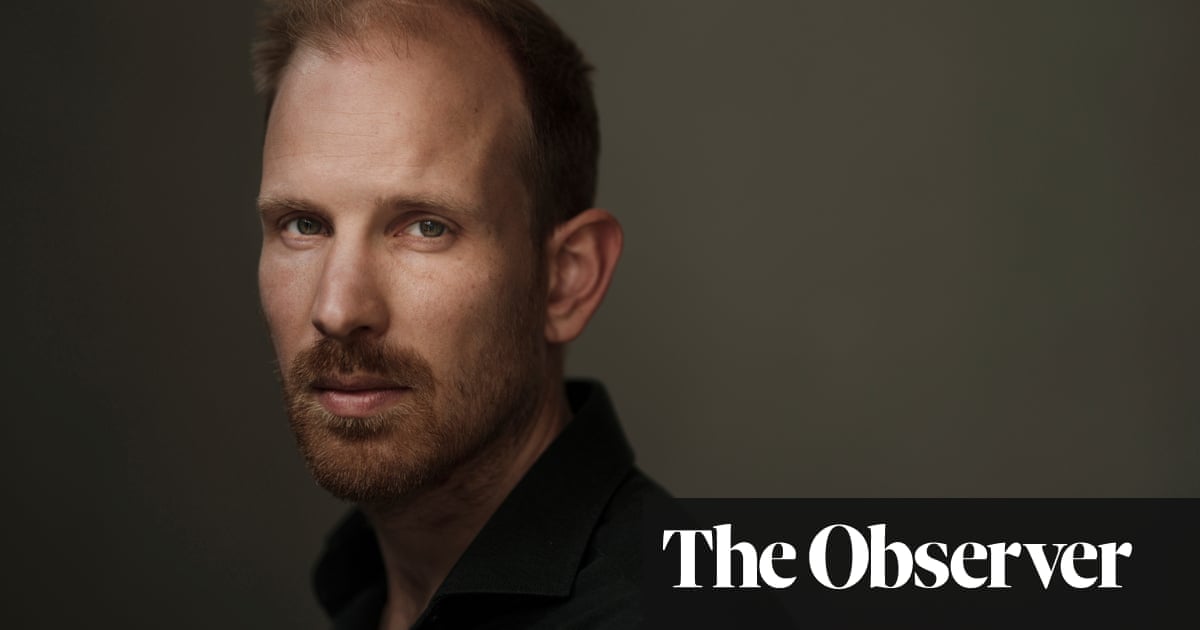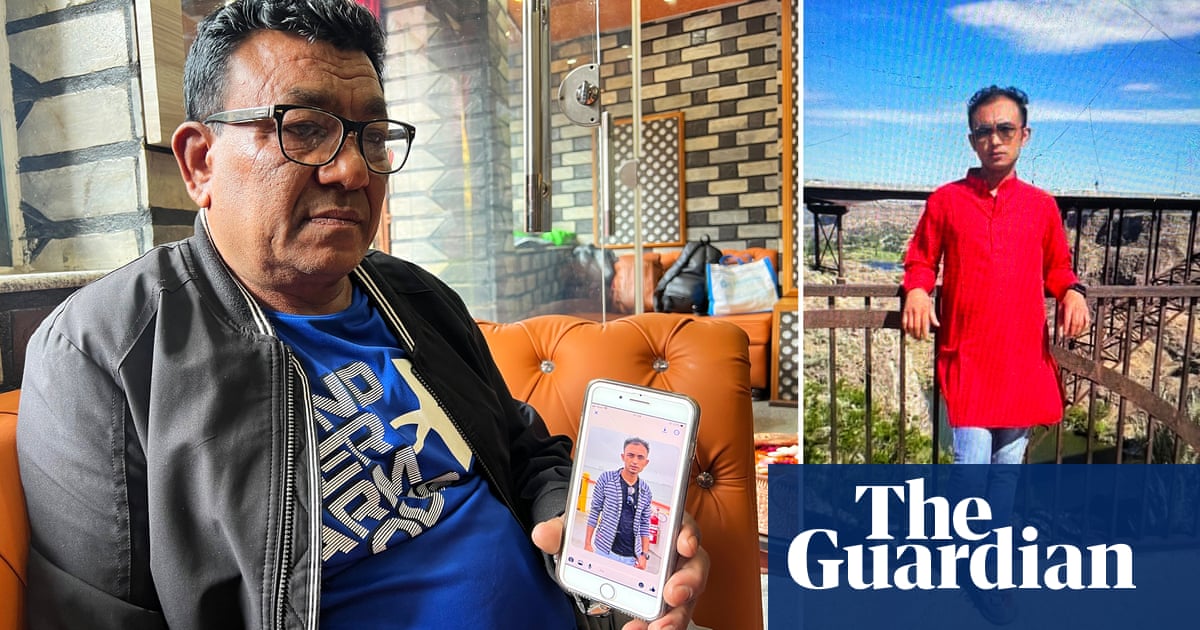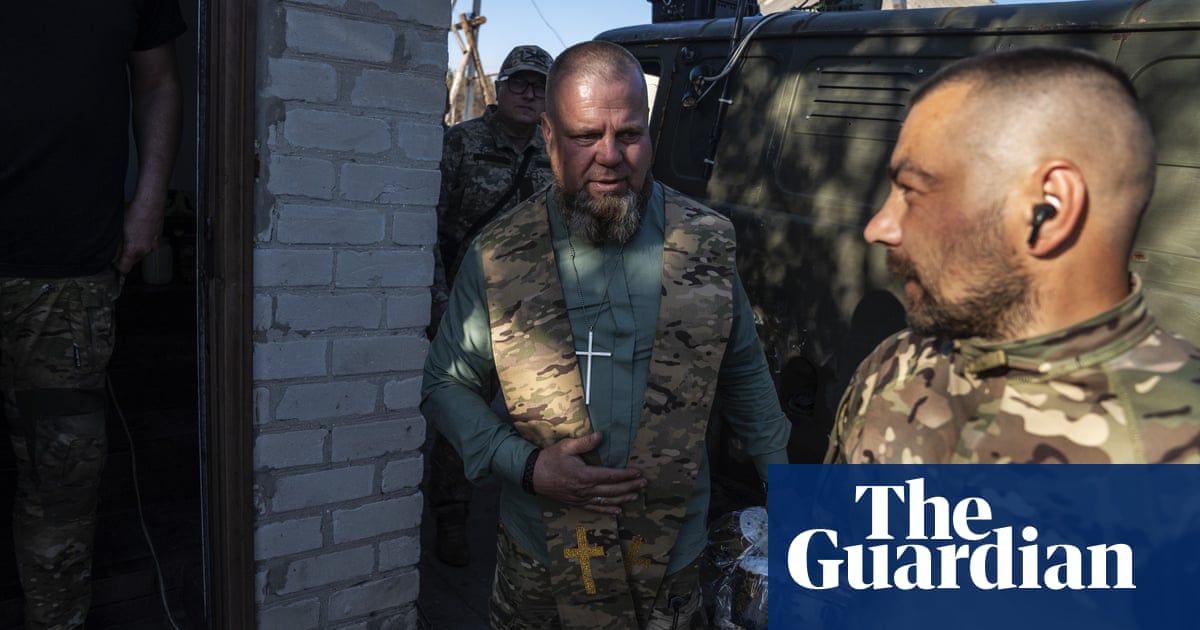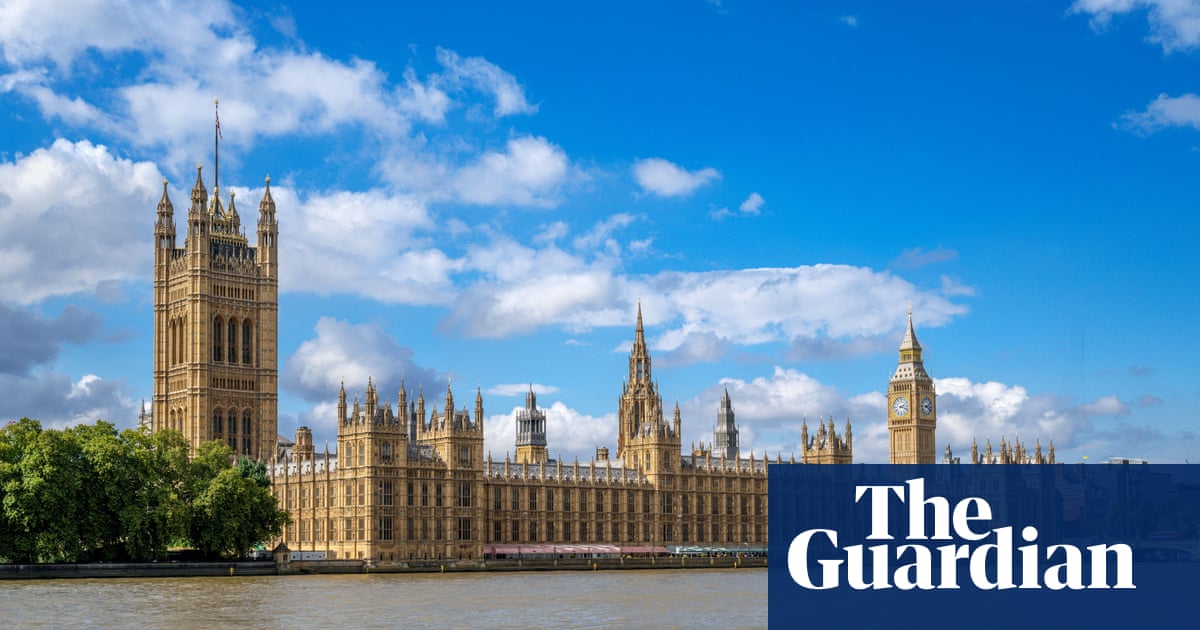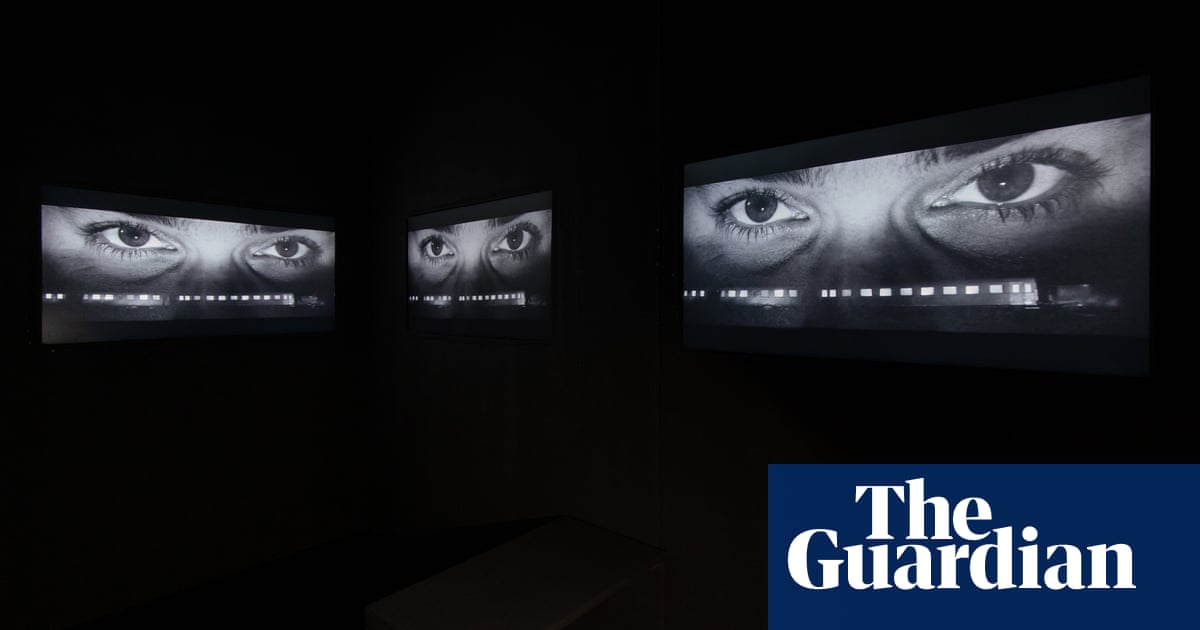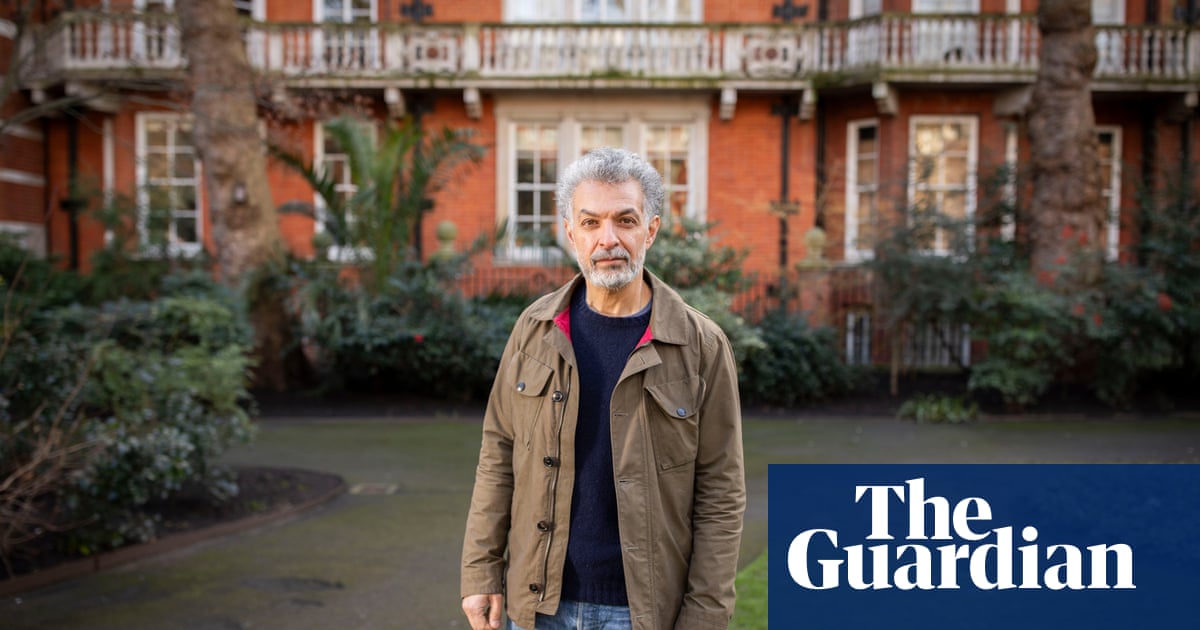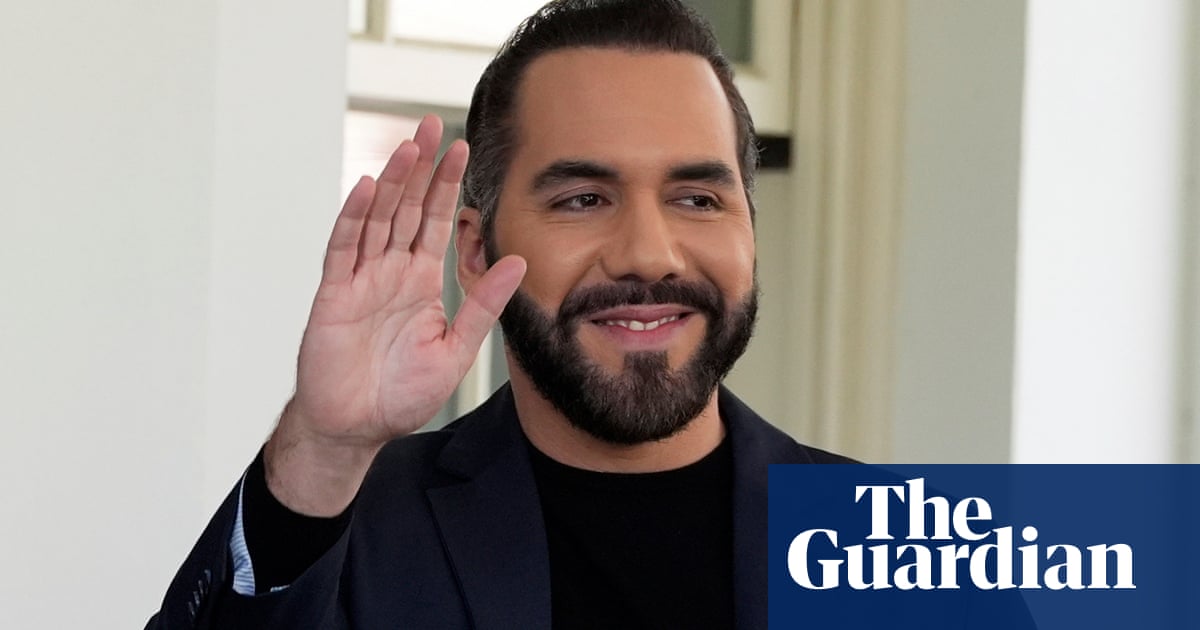Patience (Channel 4) | channel4.com
7/7: The London Bombings (BBC Two) | iPlayer
Playing Nice (ITV1) | itv.com
American Primeval (Netflix)
The eponymous lead in the Channel 4 crime drama Patience is autistic, and so is the actor playing her, Ella Maisy Purvis. In fact, all the neurodiverse characters in the series are played by neurodiverse actors, which must be a first on mainstream UK television, and long overdue.
Patience is based on the French-Belgian series Astrid et Raphaëlle, which aired here as Astrid: Murder in Paris on 4’s Walter Presents strand. This six-part remake is set in York, where Patience is working in the criminal records office. In the opening mystery, unfolding over two episodes last week, she helps out Inspector Metcalf (Laura Fraser from Breaking Bad) with patterns she perceives in a case involving men who appear to be compelled to take their own lives.
While Patience is chic – a stone-cold Hitchcock blonde! – she has uncompromising stances (an admirer’s invite to get coffee results in a mini-lecture about acrylamide and carcinogens). She also suffers nightmarish black and white flashbacks to her childhood. What emerges is a female cop-buddy drama, but with realistic neurodiverse Ts&Cs attached. “No touching please,” says Patience to Metcalf.
There’s much to get your teeth into here. A shame, then, that the plotting lets it down. Like the recent BBC series Ludwig, it hangs on puzzles, but if the first mystery is anything to go by, it’s all a bit woolly, coincidental and, ultimately, unsatisfying (it reminded me of Sherlock when it started going off). That said, Patience has a pleasing tang of originality. Fraser is very good, as is Mark Benton as a no-nonsense cop boss, but it’s Purvis’s crisp and confident portrayal of Patience’s difference that makes the series stand out, taking a standard police procedural somewhere altogether more cryptic and interesting.
The four-part BBC Two docuseries 7/7: The London Bombings marks – albeit a full six months early – the 20th anniversary of the bloodiest terrorist attack in UK history. On 7 July 2005, bombs were detonated on three tube trains, and a double-decker bus in Tavistock Square, killing 52 people (plus the four Islamist suicide bombers) and injuring and maiming hundreds more.
Directed by Adam Wishart and Jim Nally, the first episode deals with the bombings and the aftermath. A wide range of interviewees include people caught up in the blasts – transport staff, police and ambulance responders, then-prime minister Tony Blair and home secretary Charles Clarke, plus former Metropolitan police commissioner Ian Blair.

Scenes of devastation are combined with police officers recounting how they slept overnight in adjoining tube carriages to accompany the bodies until they could be removed. In later episodes, there’s an exploration of the appalling fatal police shooting of innocent 27-year-old Brazilian man Jean Charles de Menezes, who was misidentified as a bombing plotter, and a meditation on what the 7/7 bombings meant in terms of racism for the British Muslim community.
Unsurprisingly, accounts from survivors and the bereaved rank among the most upsetting. Martine Wright recalls seeing her trainer hanging high in the tube carriage and wondering about her legs (she lost both, going on to participate in the 2012 Paralympics as Team GB captain of the sitting volleyball squad); priest Julie Nicholson speaks of the agony of losing her daughter, Jenny. This is a well-made docuseries, as rigorous as it is respectful. Two decades on from the bombings, it’s striking how raw and recent it still feels.
The game is up for a psychological thriller when you spend most of it thinking, “Ooh, lovely area!” and idly Googling for affordable holiday cottages. So it went with the four-part Cornwall-set ITV1 adaptation of JP Delaney’s Playing Nice. It all looked so plush and windswept-luxe (artisanal harbours, saltwater lidos), I’d probably be lucky to swing a day trip, and even then I’d be fighting the seagulls for tourists’ chips.
James Norton and Niamh Algar star as Pete and Maddie, who discover their young son was swapped at birth in hospital. They become embroiled (spoiler klaxon) with the other affected (and wealthier) parents: twitchy Lucy, played by Jessica Brown Findlay, and her alpha husband, Miles (James McArdle), who seems intent on getting both boys.

The show is one of those thrillers: Condé Nast Traveller vistas; swish houses, even for supposedly skint characters; tacked-on careers (Maddie is supposed to be a chef-restaurateur but barely lifts a garlic crusher); a plot so convoluted that belief has to be suspended from the tastefully distressed rafters.
It still manages to be good fun, despite being a TV Penny Dreadful. The main problem, oddly, is Norton (also an executive producer). Not only does Pete’s accent go walkabout from Penzance to Surrey; he is such a soggy dweeb, lamenting away in his Seasalt Cornwall separates, that it feels like a misguided ruse to guard against Norton being typecast for ever as Tommy from Happy Valley. McArdle, however, is convincingly menacing: all faux-bonhomie and granite-hard eyes.

New Netflix series American Primeval, set in the 19th-century wild west, is a brutal tale of clashes over territory, power and faith between pioneer settlers, Native Americans and the Mormon militia.
Echoing the Yellowstone TV western style (a descent into hell with added stirrups and stetsons), the show is hardcore, churning up the desert dust with death, corruption and cruelty. One particularly barbaric eruption of violence in the opener (you’ll know when you get there) will help you decide whether to continue.
Its six instalments are directed by Peter Berg (Friday Night Lights) and written by Mark L Smith (screenwriter of The Revenant). There’s a touch of The English, Hugo Blick’s 2022 TV western starring Emily Blunt, in the central plot of an intrepid woman (Betty Gilpin) and her young son as they are guided across treacherous territory by a brooding outsider (Taylor Kitsch).
American Primeval emerges as a study of human nature at its desperate best and unbridled worst, the whole existential mess parching beneath the sun like pegged-out animal skins. The wild west never looked so wild, nor as nasty, broken and desolate. Halfway though, I’m engrossed, but also genuinely shocked. Don’t watch it if you can’t take violence. Just don’t.
Star ratings (out of five)
Patience ★★★
7/7: The London Bombings ★★★★
Playing Nice ★★
American Primeval ★★★★
What else I’m watching
Simon Schama’s Story of Us: Who Are We Now?
(BBC Two)
Diverting docuseries from the historian exploring cultural breakthroughs and the genesis of the culture wars. Interviewees include Jarvis Cocker, Ali Smith and Frank Cottrell-Boyce.

Accused: The Fake Grooming Scandal
(Channel 4)
In 2020, Ellie Williams, since convicted, faked being a victim of a grooming gang. This thought-provoking docuseries includes interviews with those she accused.
Jerry Springer: Fights, Camera, Action
(Netflix)
Eye-popping retrospective of the late Springer’s trashy US daytime talkshow that sparked the TV trend for the confrontational baiting of the ordinary people who appeared.

.png) 3 months ago
47
3 months ago
47
